|
|
|
|
|
|

|
The end of the school year can be an exciting and nervous time for students, especially for those who will be making a major transition into elementary school or middle school. For these students, there are many curiosities and questions about academic difficulty, managing a social life and handling coursework.
At each transition your child generally undergoes many different changes. These can be anything from an increase in the size of the school, to a change in friends that they meet. Every child adapts to transitions differently and there are a number of factors that influence how easily they adapt. This Snapshot offers you some guidance to support a successful transition to the next major stepping stone for your child.
|
|
|
|
|
|
|
Starting kindergarten is an adjustment for everyone. This new chapter in your child's life may be filled with emotions that impact you and your child in ways you didn't anticipate. It’s exciting and stressful and scary. It can also be so much fun! The friends your child will make, the teachers they will love, and the fun they will have will more than make up for the anxiety of the first few weeks.
|
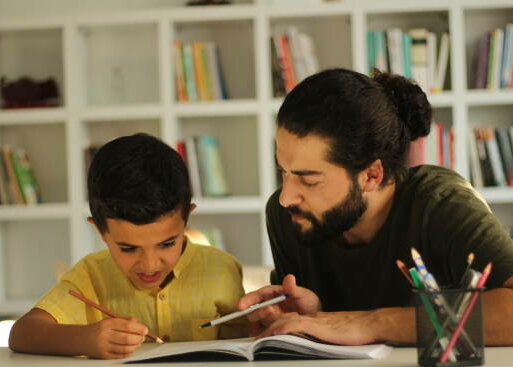 |
|
|
In the midst of COVID -19 our school district continues to strive to focus on positive, welcoming and supportive transitions for our incoming kindergarten families. The Welcome to Kindergarten (WTK) program helps prepare children for a positive start to their school journey.
|
|
|
Play is an important factor in early childhood development and learning. All new families receive the WTK Bag which provides ideas and resources that encourage play-based early learning activities.
Welcome to Kindergarten key messages:
You are your child’s first and best teacher.
Follow your child’s lead as you play and discover together.
|
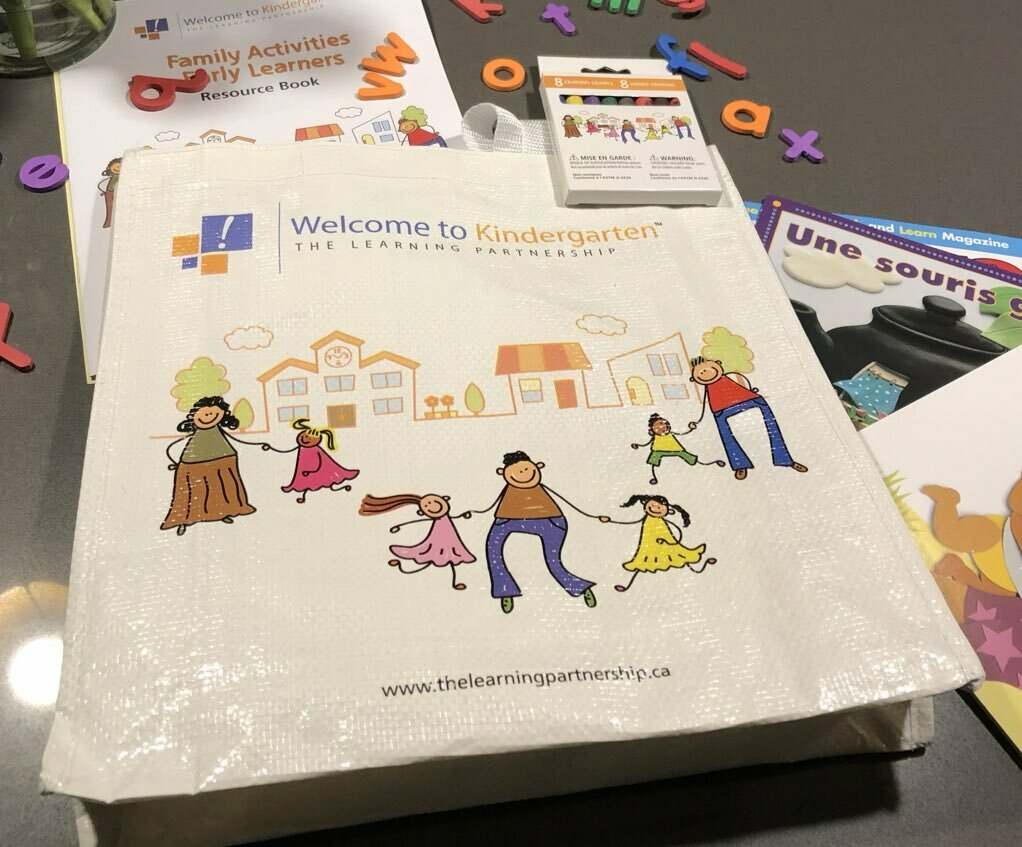
|
|
|
Talk and read with your child in your first language.
Help your child to share and take turns.
Encourage your child to make choices and decisions.
Celebrate your child’s learning.
|

|
|
|
|
|
It is normal for parents to have worries about how their child will manage in kindergarten. Consider this; instead of fighting the anxieties lean in to them, but with a twist: turn the worries into excitement. There is growing research that feeling excitement activates the part of the brain that helps the individual problem solve, which helps the parent and child cope. Accepting the nervousness as normal and then shifting to feeling excited about aspects of the changes will help everyone involved cope more effectively.
|
 |
|
|
|
|
A day in the life of a SD 61 kindergarten student!
|
|
|
|
|
|
|
|
|
 |
Middle school is a time of incredible transformation and movement toward independence. With regard to its impact on human development, this period of life is second only to the period from birth to age three! Remember how much your child changed from birth to age three? That‘s how much change, growth, and development will happen over these next three years as your child navigates middle school!
|
|
|
Some researchers have shown that a positive transition into middle school is critical for success and believe the middle school transition year is the most significant period in a student‘s K-12 education.
By taking the time to do some thoughtful planning and having some important discussions, parents can set the tone for positive growth in the middle school years. When students enter a new environment with some sense of what to expect, they are less likely to be overwhelmed. Following are some suggestions on preparing your child for middle school.
|
|
|
|
|
|
|

|
Participate in any parent/child orientations that the school may offer.
Visit the new school. Help your child figure out the layout and find out how the school is organized. If COVID restrictions limit school access this can be done using a map of the school. It will give your child a sense of where to find classes, the library, the gym, and the cafeteria.
Browse the school website together for events, newsletters, clubs, activities, code of conduct and other aspects of school life.
|
|
|
Establish schedules. Prior to school starting get everyone used to going to bed and getting up earlier. It‘s a huge adjustment for some families, but a tired child isn‘t going to do well in school. Set up a healthy sleep routine from the start.
|
|
|
Get organized. If the school requires that your child have certain materials, make sure they have them before the first day of school. If obtaining such supplies is a financial strain contact the office and they will ensure your child has what they need.
Set up a study corner. If you haven‘t done this in the elementary years it‘s doubly important to do this now. There will probably be more academic demands, with more challenging homework. Work with your child to find a place for doing homework during the middle school years.
|
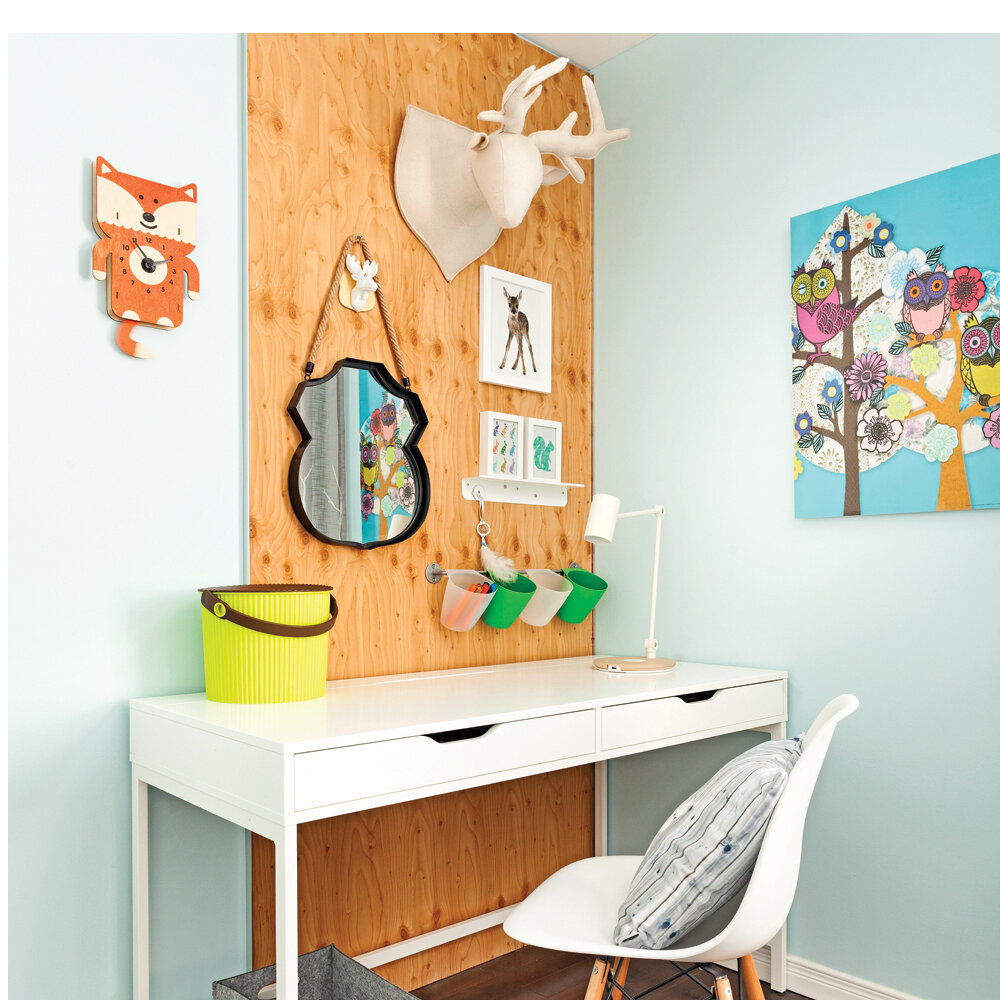 |
|
|
|
|
|
|
Your child‘s values and your teaching about these issues may be challenged during the middle school years. Being clear about your own values and having calm discussions well ahead of time can help your child develop the strength to make good decisions.
|
|
|

|
Talk with your child about their new peer group. Talk about why it might be wise to hang back a bit during the first few weeks to see who they want to be friends with. Once a student gets established with a group of friends it‘s hard to change it. Encourage them to take the time to decide who they really want to hang with.
|
|
|
Talk with them about physical, social and emotional bullying. Talk about how to avoid getting caught up in participating with the bullies, what to do if they become bullied and about the importance of not being a bystander when others get hurt. Let them know to reach out to a trusted adult in their school if they witness or experience bullying.
Talk with them about relationships. Talk about being respectful of self and of others, what it means to be in a healthy friendship/relationship, including what consent means.
|
|
|
Talk with them about substance use (vaping, alcohol, cannabis, prescription drugs, illicit drugs). Substance use is one way adolescents satisfy the normal developmental need to take risks and seek thrills. Regular "mini-conversations" about substance use are better than a one time conversation.
|
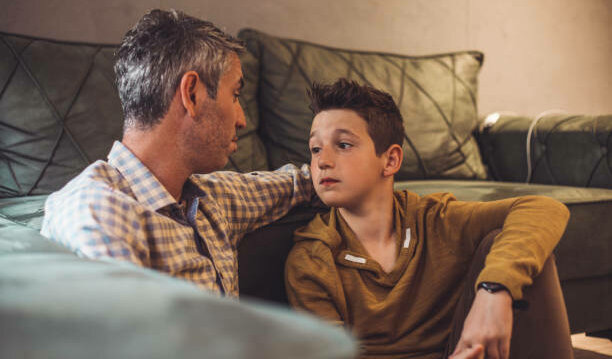
|
|
|
|
Have two-way conversations with your child. Listen to them and respect their opinion. Provide
them with information that is meaningful and balanced, without emotion or drama so that they feel empowered to make positive choices. If you‘re not sure how to discuss these issues with your child, do some research together (some resources provided at the end of the Snapshot).
|
| |
|
|
|
|
|
|
Even with all of the new independence that middle school brings, your adolescent still needs you. In fact, they need a strong connection with you now more than ever. Find some new, creative ways to ask how your child's day was. Encourage them to tell you fun stories from the day, not just the details about school work.
Let your bedtime routine evolve, but not disappear. Ask how things are going with friends. Let them share their new favorite song with you. Carve out time to spend together. Walks, movie nights, watching your favorite show together—make one-on-one time a priority.
|
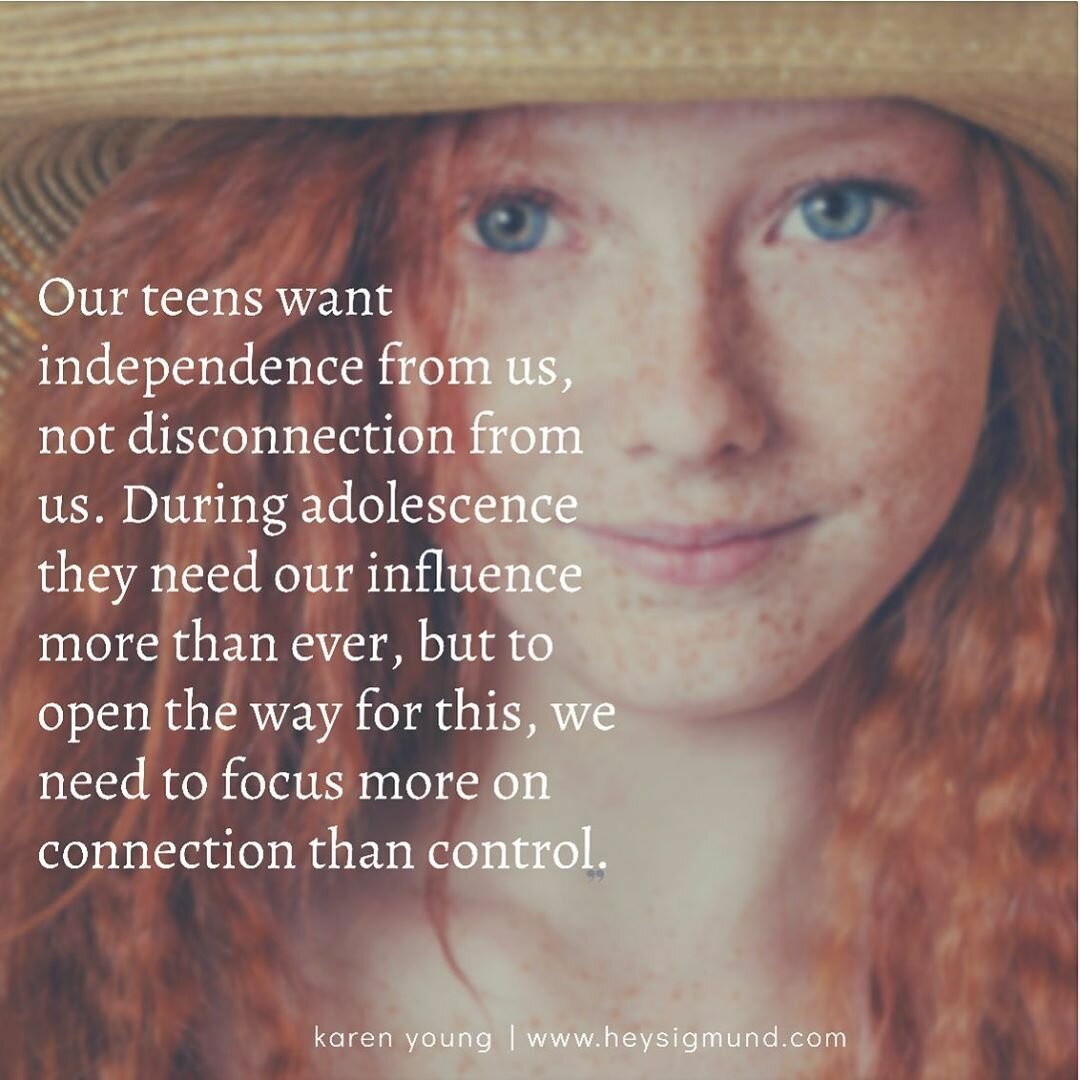
|
| |
|
|
|
|
|
Class placement decisions take into account your child’s needs in all areas, including social-emotional and academic, staffing allocations, and contractual requirements. Our team of educators works very hard to make the best decisions regarding the placement for your child.
Having friends in class is important, but friends are not always the best classmates and students need to develop their skills to work with a variety of peers.
|
|
|
|
|
|
We recognize that the beginning of the school year can be a challenging time. However, in almost all cases, students adapt to their new classes within a few weeks. We also know that children take their cues from the important adults in their lives. For this reason, we ask that you remain supportive of our staff and your child’s teacher and trust that your child was placed with the best intentions in mind.
|
| |
|
|
|
|
|
|
|
|
Transitioning from elementary school to middle school is a huge step of independence for your child. Not sure what to expect? Planning and having open conversation with your child will help smooth the transition in middle school. (Although this video is targeted towards mothers, the information is applicable to all parents and caregivers).
|
| |
|
|
|
|
|
|
Do you enjoy the monthly Snapshots?
Do you have suggestions on how to improve the Snapshots?
Do you have ideas for future topics?
Let us know!
We would love to hear from you!

|

|
| |
|
|
|
|
|
|
|
|
|
|
|